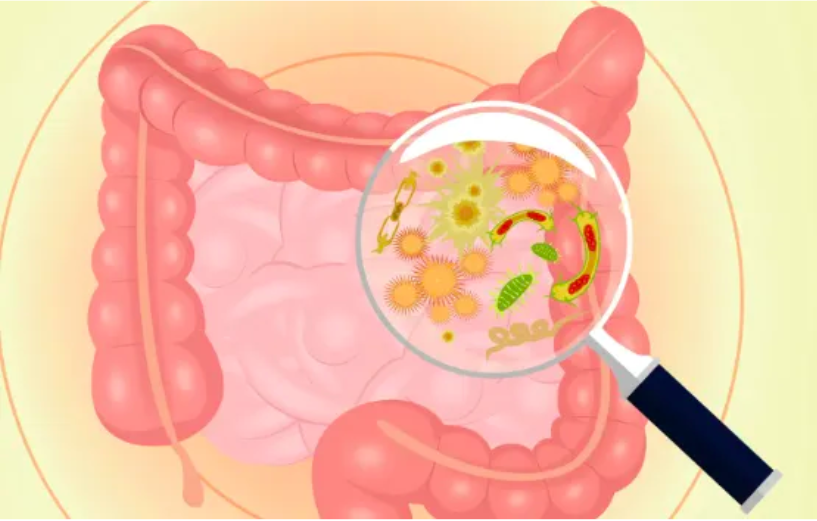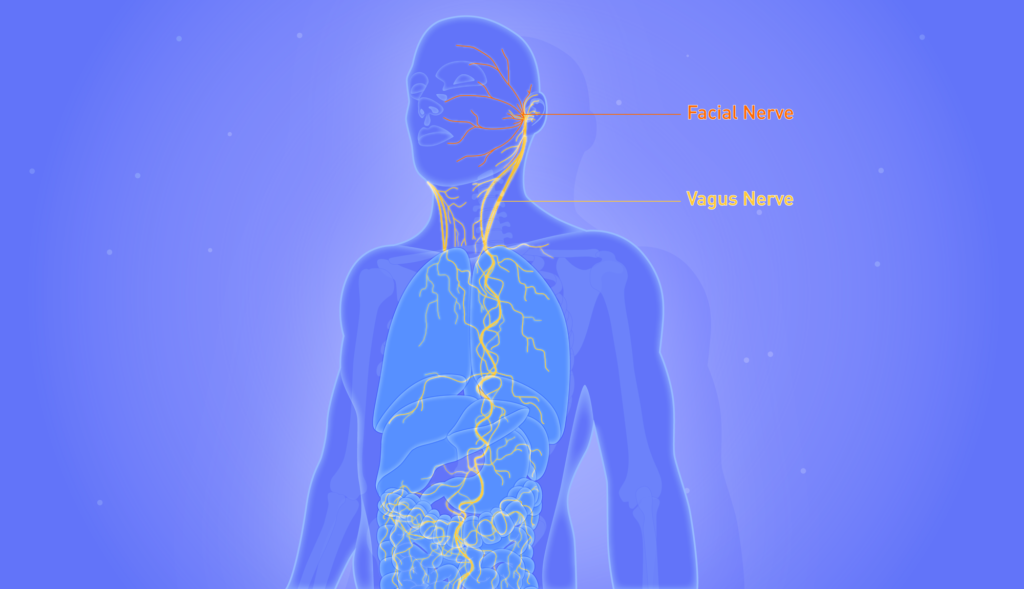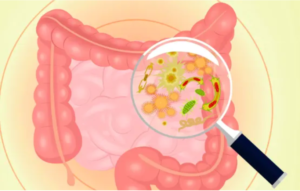
DID YOU KNOW?
FOOD AND WATER DIALOGUE WITH OUR DNA! And the body also produces energy from water-soluble fibre (raw fruit and vegetables)!
These facts can be new for you, since medicine has just finally discovered them.
FIBERS: an essential part of our daily nutrition.
The fiber enters the intestine, where it meets the intestinal microbiota which, when in balance and not in dysbiosis, takes the fiber and transforms it into short-chain fatty acids.
Long chain fats include butter, oil, saturated fats that need the liver to be metabolised. Short-chain fatty acids go directly into the mitochondria and produce energy.
Salad is no longer a side dish: it is the main course!
Always start a meal with seasonal raw vegetables, with a mixed salad, to feed the microbiota to help the body produce energy very effectively.
It should be consumed alone and not combined with proteins or fats.
Just look at herbivorous animals such as horses or bulls to understand that energy can be produced from plant fibre: they have enormous muscles. Compared to us, their microbiota transforms water-soluble plant fiber into proteins.
When we have a lack of energy, it is better to eat a salad, to help the intestine which may perhaps be out of balance.
The salad can be seasoned with oil, lemon etc. and it is necessary to avoid combining it with proteins.
CONCLUSION:
1. There is no one-size-fits-all diet
2. An unbalanced diet is never good and healthy
3. Diet should be understood not as deprivation, but as a method for changing the lifestyle
4. Raw vegetables (water-soluble fiber) are essential for energy production and should be eaten at the beginning of every meal
5. It is necessary to acquire a method and not to go on a diet: it is necessary to start from the functional state of the organs (from the state of my intestine and my liver), from the way in which I ingest food (types of cooking) and from the way in which I combine the food in sequence (for example fruit, which has a very rapid absorption time at the end of the meal, stagnates and ferments, producing alcohol which goes into the liver and becomes fat)
The journey should not be done to lose weight, but to bring the organs back into functional balance.

THE VAGUS NERVE, OUR 6TH SENSE
The vagus nerve is one of the 12 cranial nerves in the human body. They are bundles of nerve fibers, arranged in pairs, that originate in the brain and from there branch out into the skull, neck, chest, and abdomen.
The vagus nerve is our sixth sense: it is a bridge that connects the intestine to the brain. Many people think that the intestine is a second brain. But that is not the case.
It was also thought that the intestine was a dump for all our worries, emotions, stress and that is why nervous colitis arose.
In reality there is not a one-to-one correspondence, but a BIUNIVOCAL one-to-one correspondence between the brain and the intestine: it is not only the brain that influences the intestine, but it is also the intestine that is able to influence the brain.
The intestine is not at all a tube into which the bolus is inserted to be digested!
The intestine has in its walls endocrine cells, capable of producing hormones; therefore the intestine is an endocrine system, capable of changing hormonal secretion. In addition, there are also nerve cells in the intestine, connected to the intra-endocrine cells, called CONNECTOME.
This means that the information that is inside the intestine, the food content, the hormonal secretions, the intestinal mobility is all passed to the brain in the form of nerve impulses through the vagus nerve.
The brain knows everything that our intestine does.
Endocrine system (hormonal response), Nervous system (mood), Immune system (health) are all deeply connected to each other.
So it is now clear that we are able to change our mood through food and a healthy intestine!
When we are nervous, we often imagine that it is due to an external cause, while instead it can be the consequence of an intoxicated intestine.
I WROTE A FULL ARTICOLE ABOUT SEROTONIN, THE HORMON OF HAPPINESS.
When its level starts to drop, our mood drops, too, until it reaches the level of depression. When a person becomes depressed, it can also happen that the psychiatrist prescribes antidepressants, which act on the re-absorption or re-uptake of serotonin at 5% in the brain, but 95% of serotonin is absorbed at the intestinal level! So it is more important to fix your intestine rather than take medicines!
In cases of low serotonin levels, the brain receives the signal from the vagus nerve and therefore tries to regulate it: it can only do through the improving of insulin. The brain, therefore, in order to increase the level of serotonin, stimulates the desire for sugars, which raises the level of insulin and therefore consequently the level of serotonin. Carbohydrates or sugars are the foods that give gratification precisely because through insulin they also raise the level of serotonin.
If then we have the tendency to compensate for sadness in food, sugars or carbohydrates, then the way forward is rather to fix the intestinal balance.
We can also help ourselves by using foods that contain tryptophan, an amino acid that is the precursor of serotonin.
Once we restore serotonin levels and rebalance the glycemic structure, then these peaks of eating sugar at all costs go away.
INTESTINAL MICROBIOTA
Microbiota is the mediator of the intestine / brain dialogue, and is composed of bacteria and organisms that populate our intestine.
Before, in case of intoxicated intestine, people tried to take antibiotics to eradicate some bacterial strains, but instead it is necessary to simply restore the balance between the strains.
It is precisely the bacteria that communicate with the vagus nerve and influence our food choices. Those who start eating fast food develop and increase specific bacterial strains that require them to eat even more of that type of food, because it is their favorite, and they continue to multiply.
It is precisely the bacteria that play a key role in mood, happiness, hyperactivity, anxiety, depression.
We need to modulate their response and not exterminate them. Our old medicine taught to destroy them and then to take probiotics (ferments): this is not the way at all!
Instead, it is possible to change our state of health by regulating the organ called microbiota. The microorganisms that live there in fact regulate inflammation, neuro-inflammation (senile brain decay), mood, etc.
That’s how a good and happy intestine is the key for your good mood!
Giulia Maria Miscioscia

